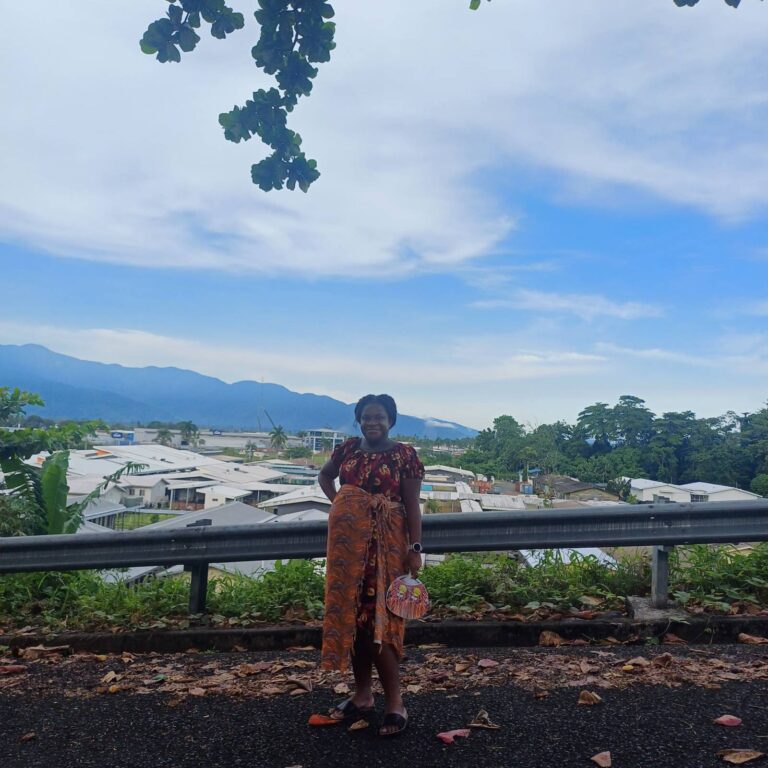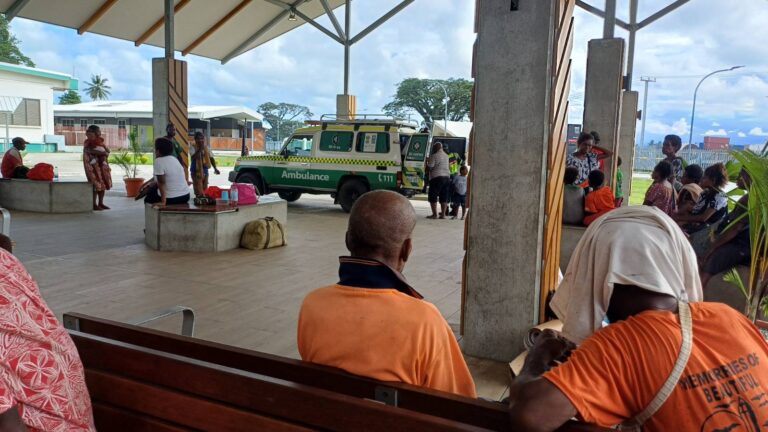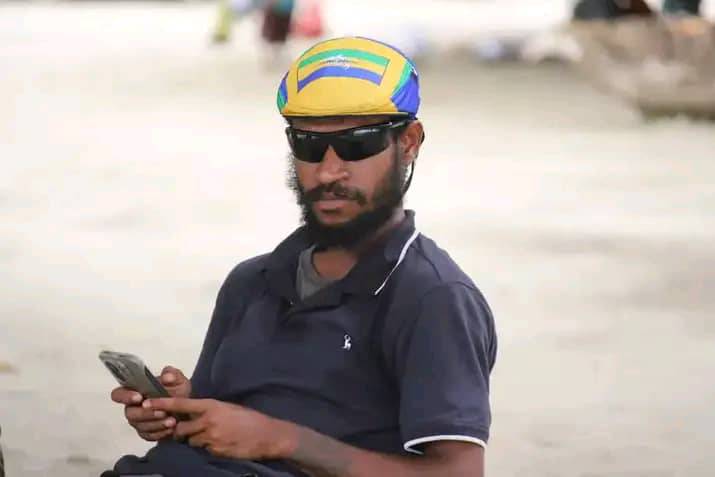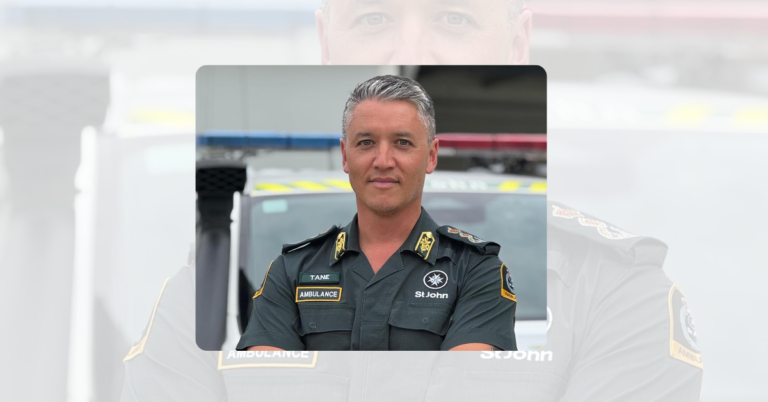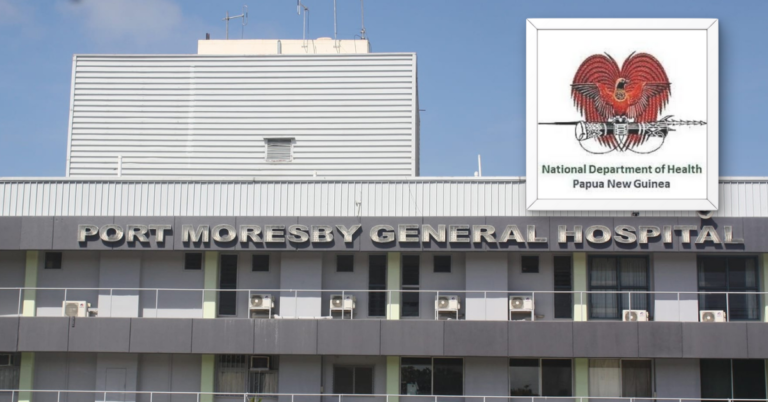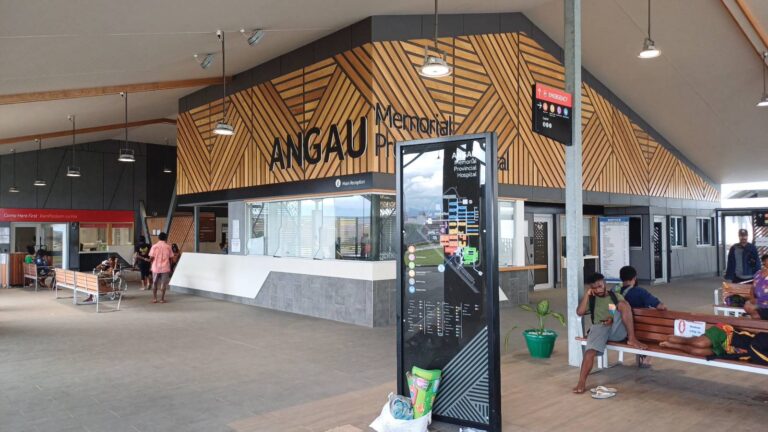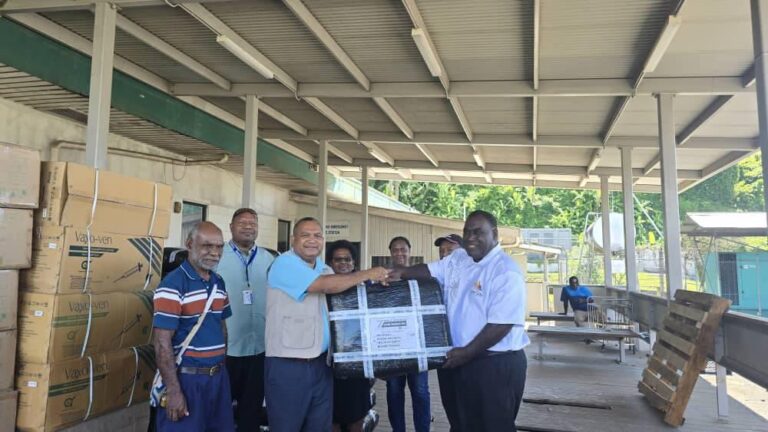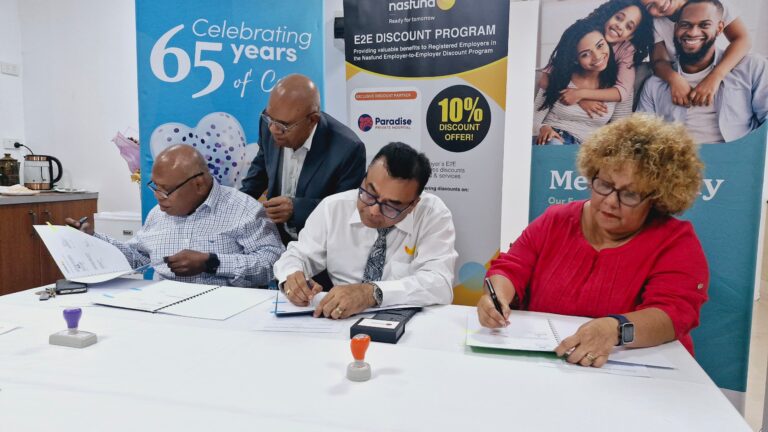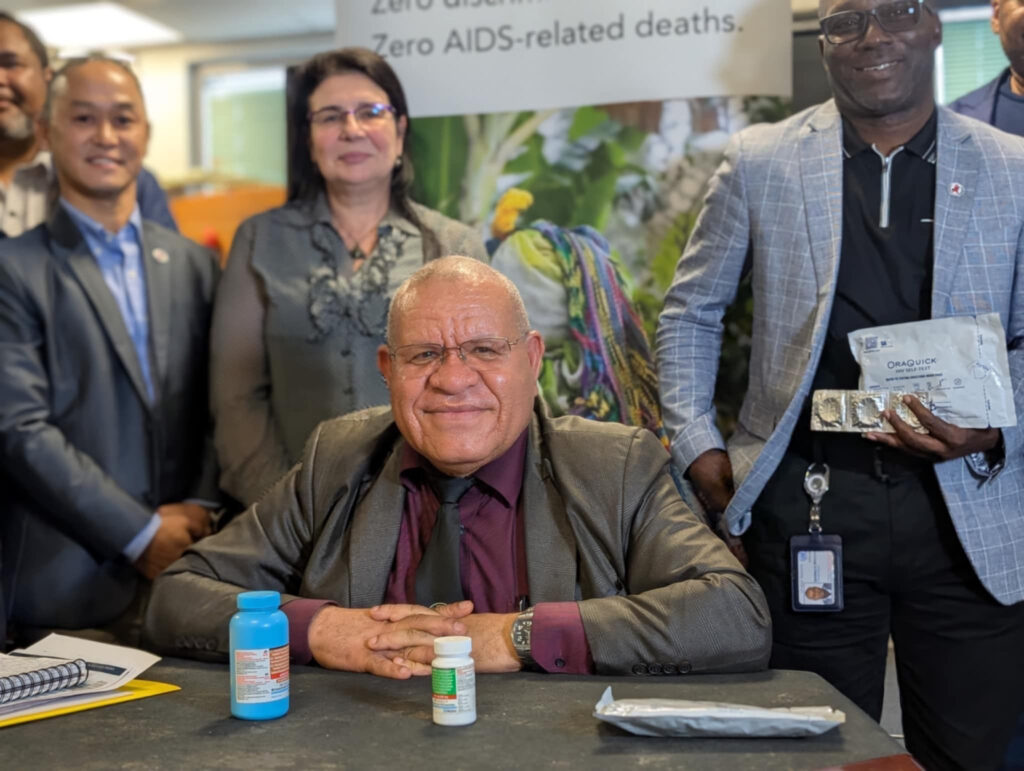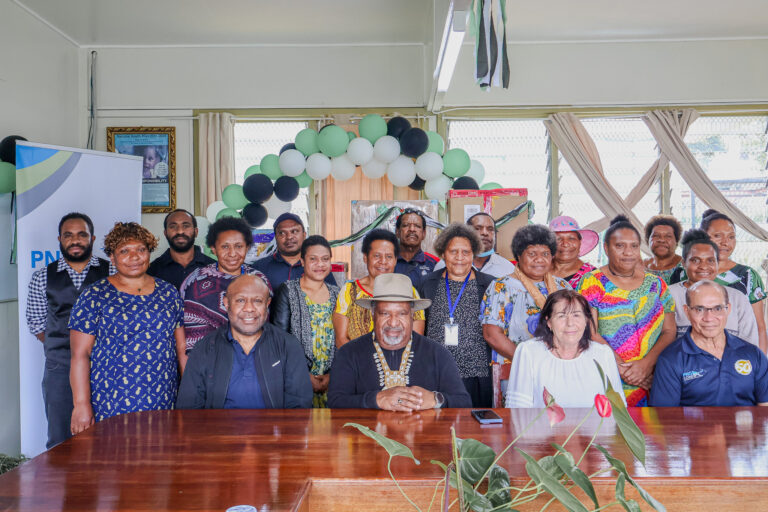A 35-year-old mother has broken her silence on the heartbreaking death of her newborn baby at Angau Memorial Provincial Hospital, alleging a serious failure in duty of care and a total breakdown of clinical protocols.
Elizabeth Narun, a first-time mother, says her daughter did not die suddenly but “deteriorated over time” while she repeatedly begged staff for medical intervention during a four-day ordeal that began on New Year’s Day.
Ms. Narun was 42 weeks pregnant when she was admitted to the Angau Labour Ward at 12:30pm on January 1, 2026. Because she was post-term, her antenatal plan was clear, she was to be assessed and induced if labor did not progress.
“That evening, I was assessed and found to be 1 cm dilated,” Narun wrote in a facebook post that is being shared among users in and around Lae and Port Moresby.
“At that time, my baby’s heartbeat was normal, and movements were good.”
However, the following day, January 2, she claims the documented plan was ignored. Despite her concerns, a different doctor performed an artificial rupture of her membranes.
“I was advised that I would be reviewed at 1:30pm, and that induction would follow,” she said.
That review never happened. Instead, Ms. Narun spent the next 24 hours in a desperate cycle of following up with nurses and midwives who she says showed “no urgency.”
System Under Siege
The tragedy comes as the Morobe Provincial Health Authority (MoPHA) admits the hospital is at a breaking point. In a general statement released this week, MoPHA Chairman David Wissink highlighted a significant funding-to-demand gap.
Angau is currently tasked with an impossible mandate, it is funded as a provincial hospital but acts as the regional referral center for all four provinces in the Momase Region (Morobe, Madang, East Sepik, and West Sepik).
“We are effectively running a national-scale operation on a provincial functional grant that is underfunded and overstretched,” Wissink stated.
He added that healthcare workers are being “asked to do the impossible with limited resources.”
“No Mother Should Have to Beg”
By the morning of January 3, the doctor who authored the original report identified a “serious error“, Ms. Narun had been wrongly transferred to the antenatal ward. Though augmentation was ordered, Ms. Narun says she waited another full day with no action.
Induction finally began at 4:24am on January 4. By then, a stress test showed the baby was in distress. While waiting for an emergency Cesarean section, Ms. Narun went into spontaneous labor.
“My baby required resuscitation at birth, cried, and was placed on oxygen,” she recalled.
“That was the last time I saw my baby breathing.”
At 2:30 pm, she was told her baby had died in the NICU.
A Call for Accountability
Distraught but determined, Ms. Narun said she is sharing her story not to cause outrage, but to ensure no other mother has to experience her pain.
“No mother should have to beg for care. No family should have to beg for answers,” she said.
“My baby did not die suddenly. This occurred in the context of missed induction and significant delays in care.”
As the MoPHA calls for a National Funding Realignment to address the regional pressure on Angau, Ms. Narun is simply asking that her daughter’s life be recognized.
“She was loved, and she deserved better,” she said. “My baby mattered.”

